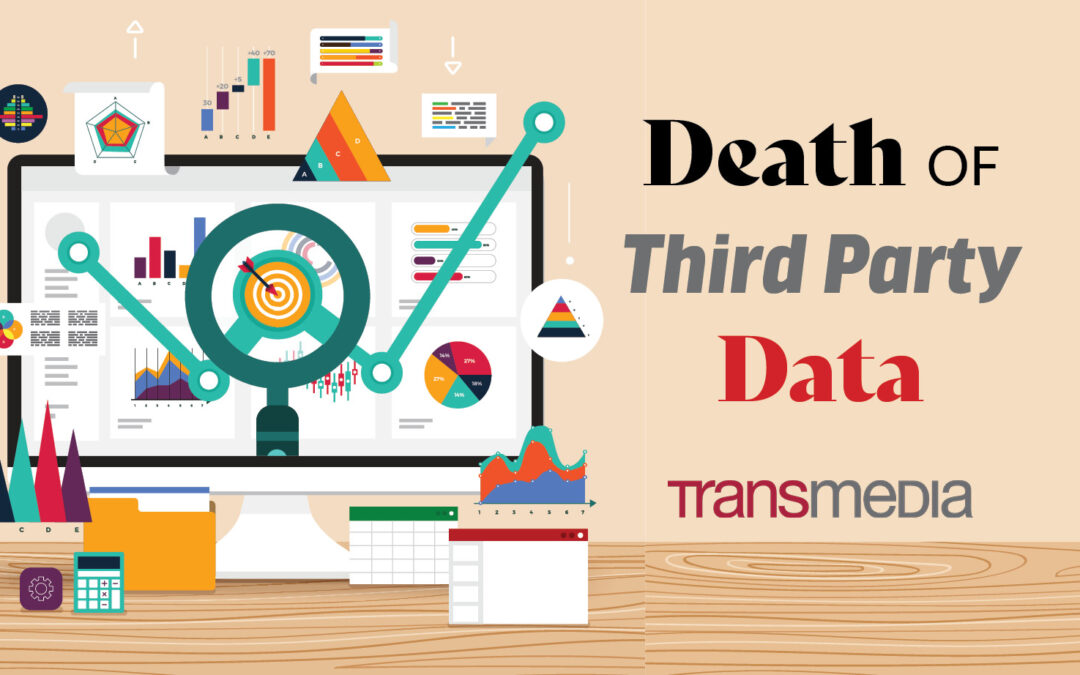The term “data apocalypse” is often used to describe a future with stricter data privacy regulations or limitations on third-party data collection. While it might sound dramatic, it’s a good idea to be prepared for a future where data isn’t quite as freely available. Here are some ways you can prepare:
Focus on First-Party Data:
- Build strong relationships: Encourage website visitors and customers to share their information directly with you through loyalty programs, email signups, surveys, and contests.
- Leverage website analytics: Tools like Google Analytics can provide valuable insights into user behavior on your website. Use this data to understand your audience and tailor your marketing accordingly.
- Gather customer feedback: Pay attention to reviews, social media comments, and direct feedback from customers. This can reveal valuable insights into their preferences and needs.
Prioritize Quality Content:
- Create valuable, engaging content: Content marketing is still crucial, but focus on high-quality content that resonates with your target audience. This will help you attract organic traffic and build trust with potential customers.
- Optimize for search engines: SEO (Search Engine Optimization) can help your website rank higher in search results. Research relevant keywords and optimize your content accordingly.
Personalization with Available Data:
- Segment your audience: Even with limited data, you can still segment your audience based on demographics, interests, or website behavior. This allows for more targeted marketing campaigns.
- Leverage customer relationship management (CRM) tools: CRMs can help you manage customer interactions and personalize communication based on past interactions.
Embrace New Technologies:
- Explore cookieless tracking solutions: As third-party cookies become less prevalent, new solutions are emerging. Research and experiment with cookieless tracking options.
- Consider artificial intelligence (AI): AI can help personalize content recommendations and optimize marketing campaigns based on available data.
Sharpen Your Measurement Skills:
- Track key performance indicators (KPIs): Focus on metrics that matter to your business goals. This could be website traffic, conversion rates, or customer engagement. Regularly analyze this data to see what’s working and what’s not.
By following these steps, you can build a more sustainable and data-resilient marketing strategy, even in a world with less readily available external data.
